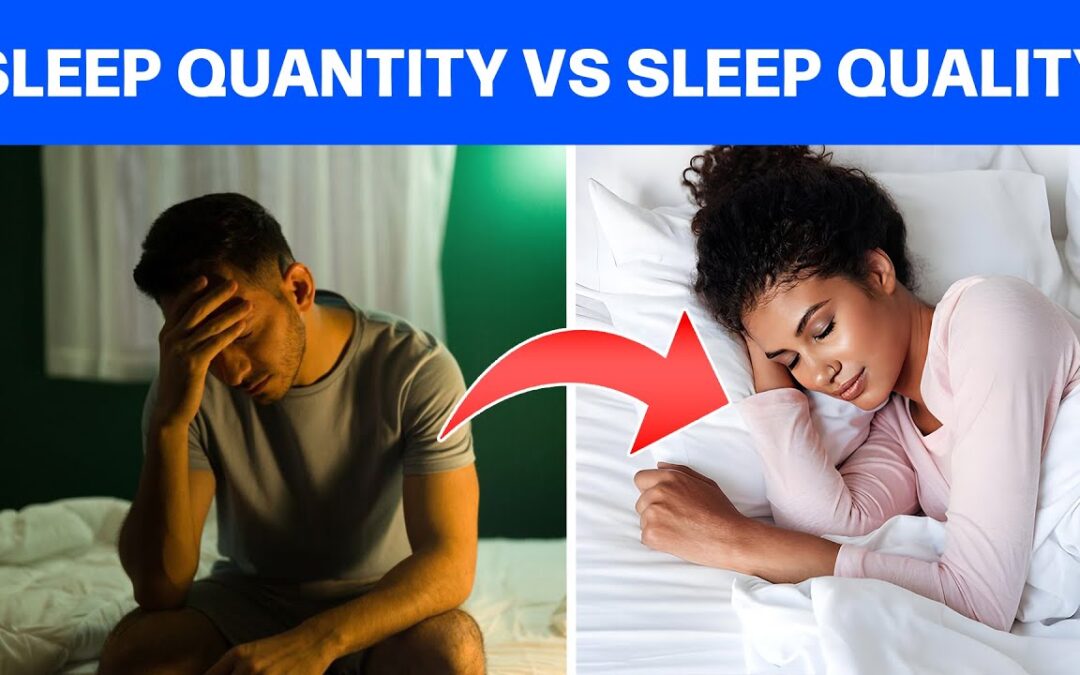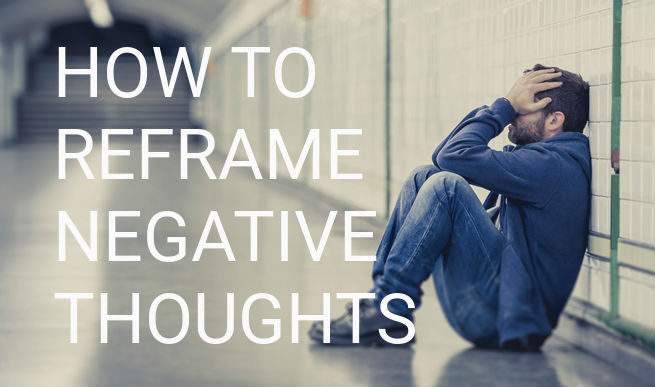We’ve all heard the old adage, “You need 8 hours of sleep to function,” right? But what if you can get fewer hours of sleep but feel great, versus sleeping longer but waking up groggy? Which one is better: great sleep, but short, or average sleep, but long? Let’s dive into the science and the real-life applications to see which one helps you feel at the top of your game.
The Case for Great Sleep, but Short
Imagine this: you sleep for 6 hours, but you wake up feeling refreshed, clear-headed, and ready to take on the day. Sounds like a dream, right? That’s what great sleep is all about—quality over quantity.
When you get good quality sleep, your body and mind go through the necessary sleep cycles to repair, restore, and refresh. These cycles, including deep sleep (the restorative phase) and REM sleep (where dreams happen), are critical for cognitive function, memory, mood regulation, and even physical recovery.
- Efficiency is Key: If you can get your body into deep and REM sleep quickly and efficiently, a shorter sleep duration can work wonders. If you hit the right sleep stages early on, you won’t feel as tired in the morning. You wake up feeling like you’ve gotten a full night’s rest, even if you didn’t sleep as long as most people.
- Better Mental Focus: Studies show that people who get quality sleep, even if it’s shorter, tend to have better mental clarity, focus, and memory retention. A night of deep sleep might only need to be 5-6 hours, but it can make you feel like you’ve had the perfect reset.
- Reduced Health Risks: While chronic sleep deprivation is dangerous, a high-quality, shorter sleep can actually reduce your risk of some health issues, like cardiovascular disease and cognitive decline. The key is getting enough deep sleep, which helps your body repair and recover.
The Case for Average Sleep, but Long
On the flip side, some people swear by getting as much sleep as they possibly can—often more than 8 hours. Sure, it sounds nice to stretch out in bed for hours on end, but what does it do for you?
- The Power of Sleep Cycles: Our sleep runs in cycles of about 90 minutes. So, when you get more sleep, you’re getting more complete cycles. If you sleep long enough to hit 4-5 full cycles (around 7.5-8 hours), you’re giving your body and brain the time to go through the full range of restorative processes.
- Consistency Matters: Sleeping long but consistently allows your body to regulate its natural circadian rhythm, which can make waking up easier over time. It also supports immune function, muscle repair, and the regulation of stress hormones.
- Physical Recovery: Long sleep can be particularly beneficial for physical recovery. If you’re working out intensely or need to recover from physical stress, longer sleep allows your muscles to repair and rebuild, boosting strength and endurance. Plus, sleep increases growth hormone production, essential for muscle recovery.
So, Which One Is Better?
Here’s the thing: there’s no one-size-fits-all answer. The ideal sleep duration depends on your lifestyle, health needs, and personal sleep habits. Here’s a breakdown:
- Great Sleep, but Short might be perfect if you’re a high-performance individual (think athletes, entrepreneurs, or busy parents) who thrives on efficiency. It’s also beneficial for those who find it hard to stay in bed for extended periods or feel restless after a certain point.
- Average Sleep, but Long works well if you’re recovering from a heavy workout regimen, dealing with illness, or going through periods of mental stress. Also, if you’re someone who has trouble getting into the deep sleep stages and requires extra time to cycle through them, longer sleep can help you get all the benefits of each stage.
The Verdict: Quality + Consistency Wins
Ultimately, the best approach to sleep isn’t about choosing short or long sleep in a vacuum—it’s about making sure that every hour you sleep is effective. Whether you opt for great sleep in a short period or a more average sleep over a longer duration, the key is making it work for your body and lifestyle. Keep it consistent, make it high quality, and listen to how your body responds. So, get the rest you need and wake up feeling like a champ—no matter how many hours you spend in dreamland!




